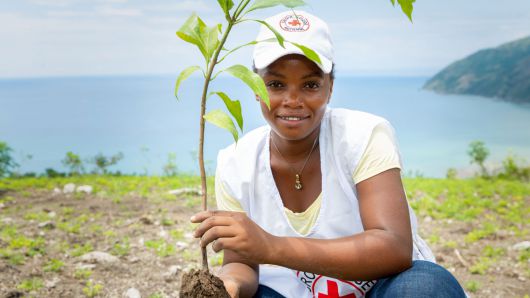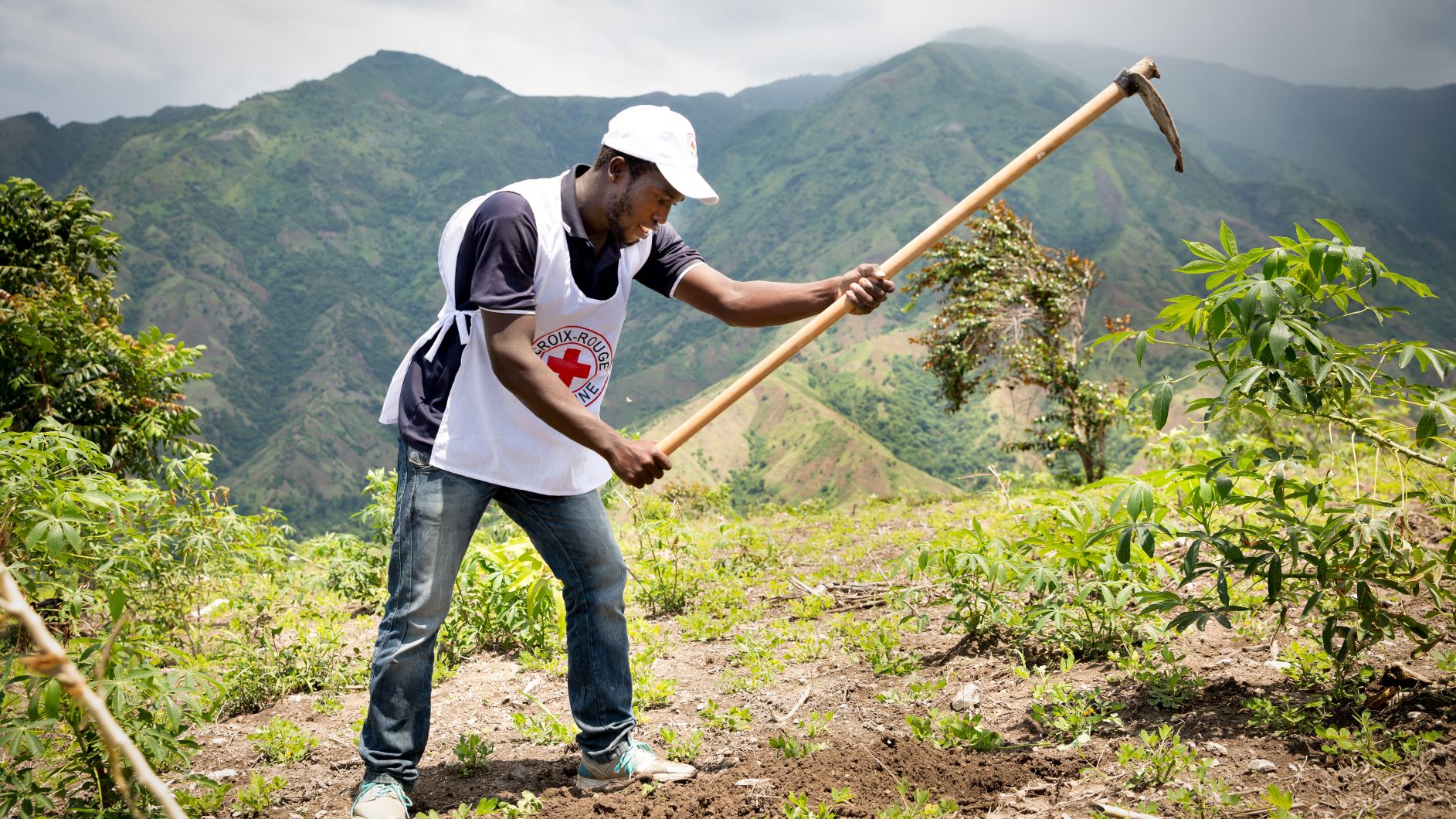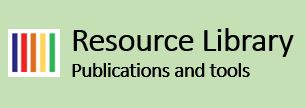13/10/2021 - Celebrating International DRR Day, 13 October 2021

Driving investment in Eco-DRR to build climate resilient communities in developing countries
This article was published earlier on the Wetlands international website
Disasters impact low- and middle-income countries disproportionately, particularly in terms of mortality, numbers of people injured, displaced and homeless, economic losses (as a percentage of GDP) and damage to critical infrastructure. It’s impossible to eradicate poverty and hunger if the development gains are not protected from disasters and therefore, investments in disaster risk reduction need to increase.
International cooperation is necessary for sustainable development. Mechanisms such as Official Development Assistance (ODA), international disaster response, as well as capacity building are essential to boost disaster resilience in the face of climate change, extreme weather events and other natural and man-made hazards worldwide. Ecosystem-based disaster risk reduction (Eco-DRR) has emerged as a key approach to reduce systemic risk. Green barriers on slopes can protect against soil erosion and landslides. Similarly, mangroves protect cities and villages from storm surges, coastal erosion and – if big enough- from tsunamis, whilst having positive benefits on the livelihoods of people and biodiversity. Additionally, these measures help to mitigate climate change and providing multiple benefits.
« Healthy wetlands play a key role in resilience and climate adaptation. This is because wetlands function as connected “water systems” from source to sea. The condition of wetlands affects the incidence and impact of floods and droughts, the vulnerability of coasts to storms and our ability to reverse land degradation in drylands. Although wetlands play such a vital role, they receive relatively little investment and are being lost under development and degraded at an alarming rate – three times as fast as forests! We need concerted action now to scale up investments in wetlands, as an integral part of disaster risk reduction and climate adaptation. »
Ms. Jane Madgwick, Chief Executive Officer, Wetlands International
One international donor already playing its part is the European Commission through DG INTPA; it funds the Upscaling Eco-DRR project. In this project, UN Environment and the Partners for Resilience (PfR) work together with local in-country partners on scaling-up Eco-DRR interventions to inspire and drive large-scale implementation. The project is developing different models for demonstrating large-scale implementation of Eco-DRR, which advance implementation of the Sendai Framework for Disaster Risk Reduction and the Sustainable Development Agenda in 5 countries (Indonesia, India, Uganda, Ethiopia and Haiti).
« Implementing nature-based solutions on a larger scale would increase disaster and climate resilience and contribute to multiple EU Green Deal objectives. As highlighted in the new EU Strategy on Adaptation to Climate Change, blue-green infrastructures are multipurpose, “no regret” solutions and simultaneously provide environmental, social and economic benefits. The Eco-DRR Project fits perfectly with this approach. »
Carla Montesi, Director Green Deal and Digital Agenda, Directorate-General International Partnerships (DG INTPA), European Commission
The Upscaling Eco-DRR project is a follow-up of the Partners for Resilience program, funded by the Government of the Kingdom of the Netherlands for 10 years in 10 countries of the world. Under this alliance, since 2010, PfR partners have been implementing field projects and policy dialogues that integrate ecosystem management, disaster risk reduction and climate change adaptation. Many of its tools and lessons are now applied in spin-off projects all over the world. Increased investment can multiply and bring these to scale.
« The climate and biodiversity crises require sound environmental policies, such as protecting and restoring critical ecosystems to significantly strengthen resilience of communities most vulnerable to the impacts of climate change. There are still a lot of opportunities and making headway is urgent. That’s why MFA supported Partners for Resilience in the past 10 years to lobby for and accelerate the inclusion of ecosystem-based approaches in disaster risk reduction and climate change work. We need to increase global climate finance and 50% of the available funding should be targeted for assisting developing countries becoming more resilient. »
Rene van Hell, Director Inclusive Green Growth, Ministry of Foreign Affairs of the Kingdom of the Netherlands

Reliance on grey infrastructure, often to the detriment of the environment, can be problematic for resilience in the long run. Indeed many countries are now renaturing their rivers to reduce flooding. However, while Eco-DRR, as other Nature-Based Solution approaches, is making strides, it is not yet fully mainstreamed in the market. Thus international donors’ investment in Eco-DRR is still highly necessary to reduce low- and middle-income countries’ disaster risk and disaster losses and increase the resilience of their societies.
“The UN Decade of Ecosystem Restoration, launched in 2021, enables our global community to coordinate efforts, expertise and resources and thus scale up impacts towards increasing resilience of vulnerable people and our planet.”
Susan Gardner, Director, Ecosystems Division, United Nations Environment Program (UNEP)
Globally, the Partnership for Ecosystems and Disaster Risk Reduction (PEDRR) promotes the Eco-DRR approach; Wetlands International and UNEP are co-founders and active members of this PEDRR platform.
As part of the Upscaling Eco-DRR project, Wetlands International Indonesia are holding an Eco-DRR webinar and workshop in Indonesia on 13 and 14 October in collaboration with the National Peatland Restoration Agency, the National DRR Agency and Gajah Mada University. The workshop builds the collaboration between stakeholders in accelerating policy, practice and investment to replicate best practices of Eco-DRR in peatland ecosystems
Building on these great initiatives and networks, Eco-DRR has so much potential for building climate resilient communities and landscapes, preventing the loss of the so hard-fought development gains. On International Day for Disaster Risk Reduction, it is clear that working together and investing in Eco-DRR is the way forward.





